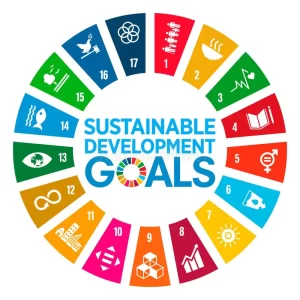CFP: “Entangled Histories, Emerging Futures: South Asia in a Multipolar World“
The Journal of South Asian Exchanges (ISSN: 3048-8877) invites submissions for its upcoming special issue dedicated to the rich, layered, and dynamic terrain of South Asian Studies. This issue seeks to cultivate cross-disciplinary conversations that explore both the historical depth and contemporary complexities of South Asia, from its ancient entanglements to its evolving place in the 21st-century global order. We are especially interested in papers that foreground interdisciplinary approaches and prioritize marginalized perspectives—scholarship that moves beyond binaries and embraces the messy, hybrid realities of the region.
Thematic Scope
The Journal of South Asian Exchanges seeks original and innovative submissions that interrogate South Asia through a plurality of lenses, grounded in both critical theory and empirical investigation. Topics may include, but are not limited to:
- Decolonial Methodologies and Indigenous Epistemologies
- Geopolitics and Regional Cooperation in South Asia
- Migration, Diaspora, and Transnational Identities
- Caste, Class, Gender, and Intersectionality
- Literature, Cinema, and Popular Culture
- Religion, Ritual, and the Politics of Belief
- Urban Ecologies and Environmental Transformations
- Social Movements and Civil Society Activism
- Knowledge Production and the Politics of Academia
Submission Guidelines
Before making any submission, we strongly suggest to consult the following:
Important Dates
- Full Paper Submission Deadline (Extended): September 5, 2025
- Publication Date: October 2025
How to Submit
Please send your abstracts and papers to: editor@saexchanges.com
For questions or expressions of interest, reach out to Thakurdas Jana, Managing Editor, at: editor@saexchanges.com
For any query, please text us to our WhatsApp No: +91- 7047598085
The Special Issue Aims to Meet the SDGs
